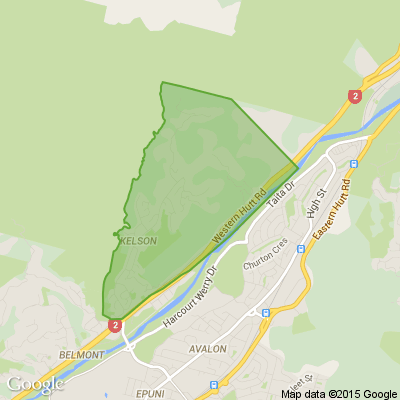How Forgiveness can transform your relationship
Recent studies have shown that forgiveness is an essential component of successful romantic relationships. In fact, the capacity to seek and grant forgiveness is one of the most significant factors contributing to marital satisfaction and a lifetime of love.
Forgiving yourself and others are about being willing to acknowledge that you are capable of being wounded. It also means that you are willing to step out from the role of victim and take charge of your life.
Couples who practice forgiveness can rid themselves of the toxic hurt and shame that holds them back from feeling connected to each other. In The Science of Trust, Dr John Gottman explains that emotional attunement is a skill that allows couples to fully process and move on from negative emotional events, and ultimately create a stronger bond.
Why is Forgiveness Important?
Often people equate forgiveness with weakness, and it is widely believed that if you forgive someone, you’re condoning or excusing their behaviour. However, in relationships, forgiveness is a strength because it shows you are capable of goodwill toward your partner. Studies indicate that forgiving someone is one way of letting go so that you can heal and move on with your life.
Forgiveness is about giving yourself, your children, and your partner the kind of future you and they deserve – unhampered by hurt and anger. It is about choosing to live a life wherein others don’t have power over you and you’re not dominated by unresolved bitterness and resentment.
It’s important to consider that forgiveness is a gift you give yourself. Author Deborah Moskovitch reiterates that forgiveness is not letting someone off the hook. She writes, “Forgiveness is not the same as forgetting what happened or condoning your ex-spouse’s actions, giving up claims to a fair settlement or reconciliation. While forgiveness may help others, it first and foremost can help you.”
Here are seven ways forgiveness can transform your relationship.
1. Write down three ways negative emotions have impacted (or are still impacting) your relationship.
Be aware of negative emotions that you have not yet processed. Talking to a close friend or therapist can help facilitate this.
2. Find a way to dislodge yourself from negative emotions.
Examples include therapy, yoga, improving your physical health, and practising expressing thoughts, feelings, and wishes in a respectful way. Resentment can build when people sweep things under the rug, so avoid burying negative feelings.
3. Take small steps to repair and let go of grudges.
According to Dr Gottman, the number one thing that prevents couples from building trust and emotional attunement is the inability to bounce back from a conflict in a healthy way. The number one solution to this problem is to get really good at repair. He tells Business Insider that you’ve got to get back on track after a disagreement if you don’t want issues to fester.
4. Accept responsibility for your part in the interaction.
One person’s ability to do this can change the dynamic of the relationship. Drs. Julie and John Gottman explain that “one person’s response will literally change the brain waves of the other person.” Apologize to your partner when appropriate. This will validate their feelings, promote forgiveness, and allow you both to move on.
5. Don’t let wounds fester.
Challenge your beliefs and self-defeating thoughts about holding on to hurt feelings. Processing what happened will allow you to let resentments go so you can move on to a healthier relationship. Keep the big picture in mind.
6. Accept that people do the best they can.
This does not mean that you condone the hurtful actions of others. You simply come to a more realistic view of your past. As you take stock, you will realize that all people operate out of the same basic drives, including self-interest.
7. Think like a forgiving person.
Practice forgiveness by actively thinking like a forgiving person. Avoid holding grudges and declare you are free to stop playing the role of victim. After all, we are all imperfect and deserve compassion.

Today’s Mind-Bender is the Last of the Year! Can You Guess It Before Everyone Else? 🌟🎁🌲
I dance in the sky with green and gold, a spectacle few are lucky to behold; I’m best seen in the south, a celestial sight—what am I, lighting up the New Zealand night?
Do you think you know the answer? Simply 'Like' this post and we'll post the answer in the comments below at 2pm on the day!
Want to stop seeing these in your newsfeed? No worries! Simply head here and click once on the Following button.










 Loading…
Loading…